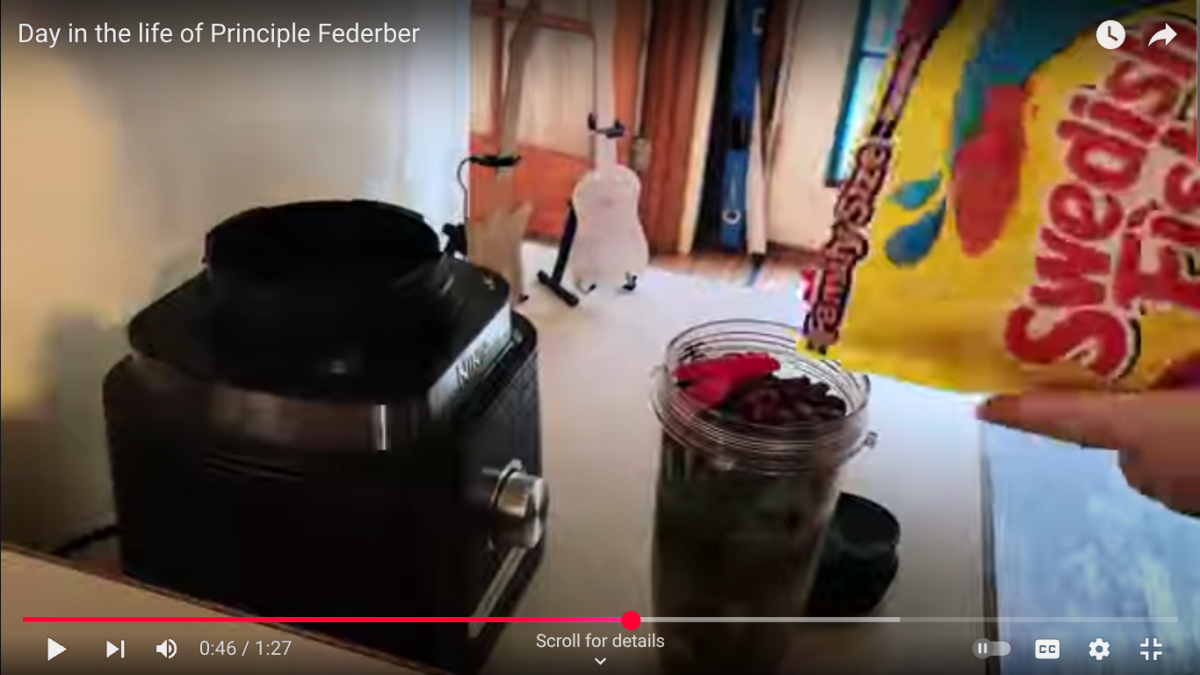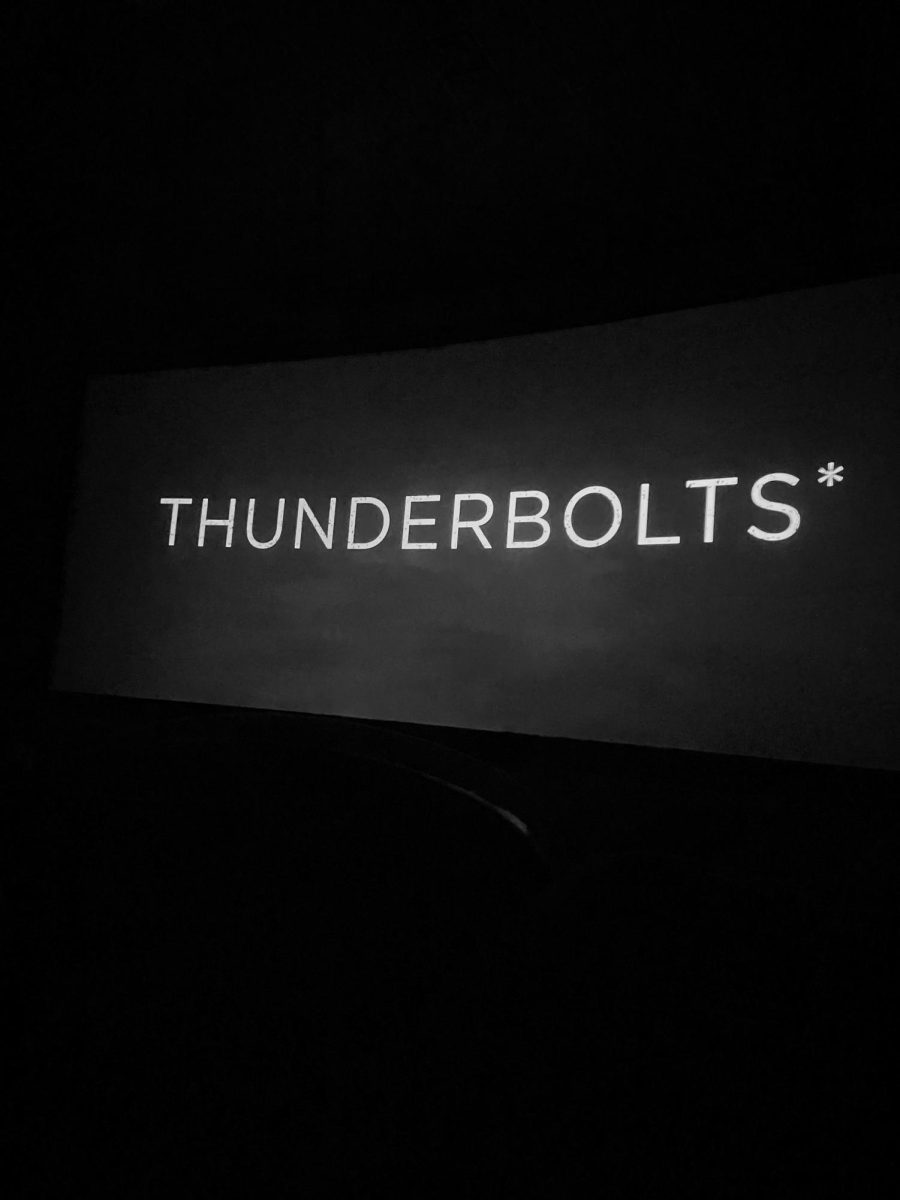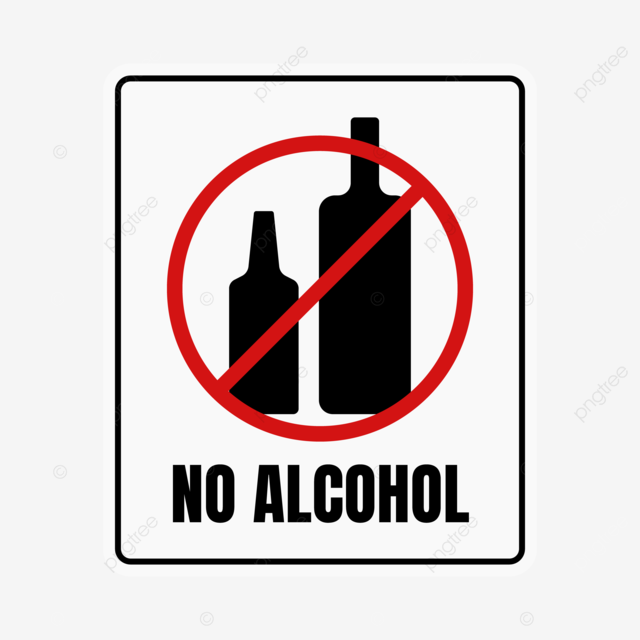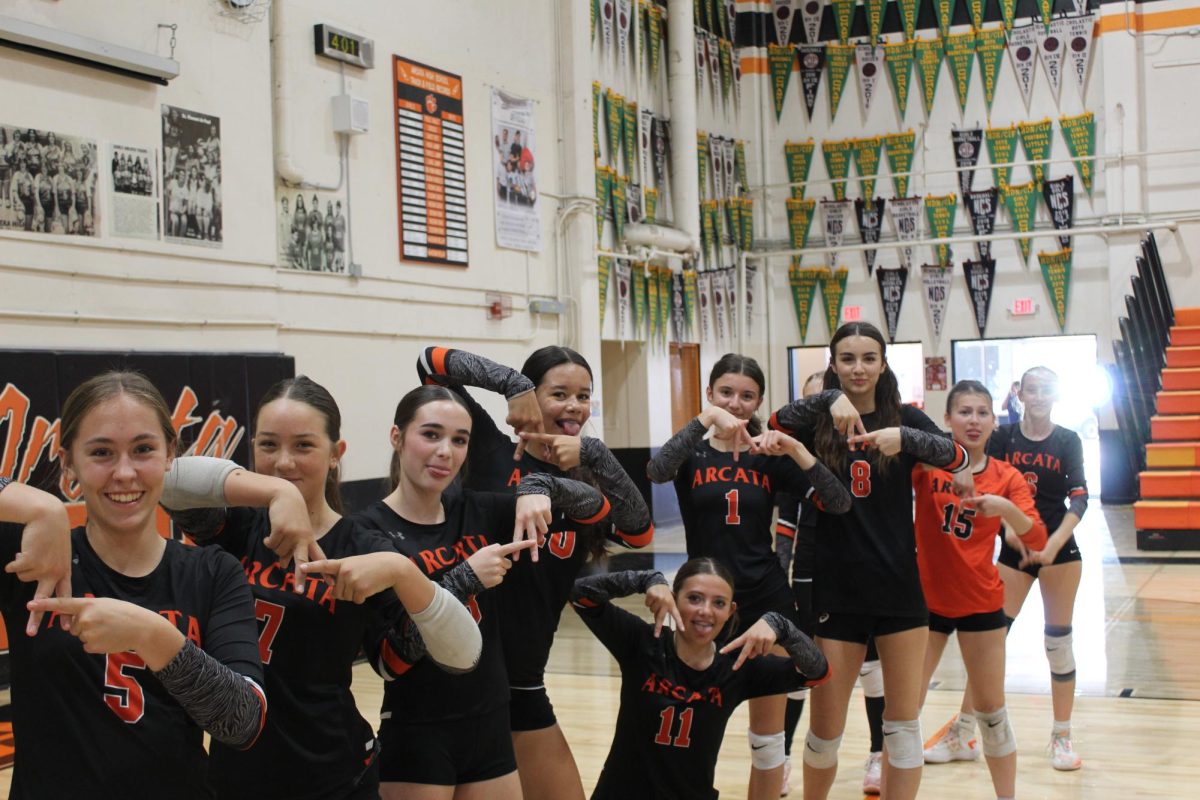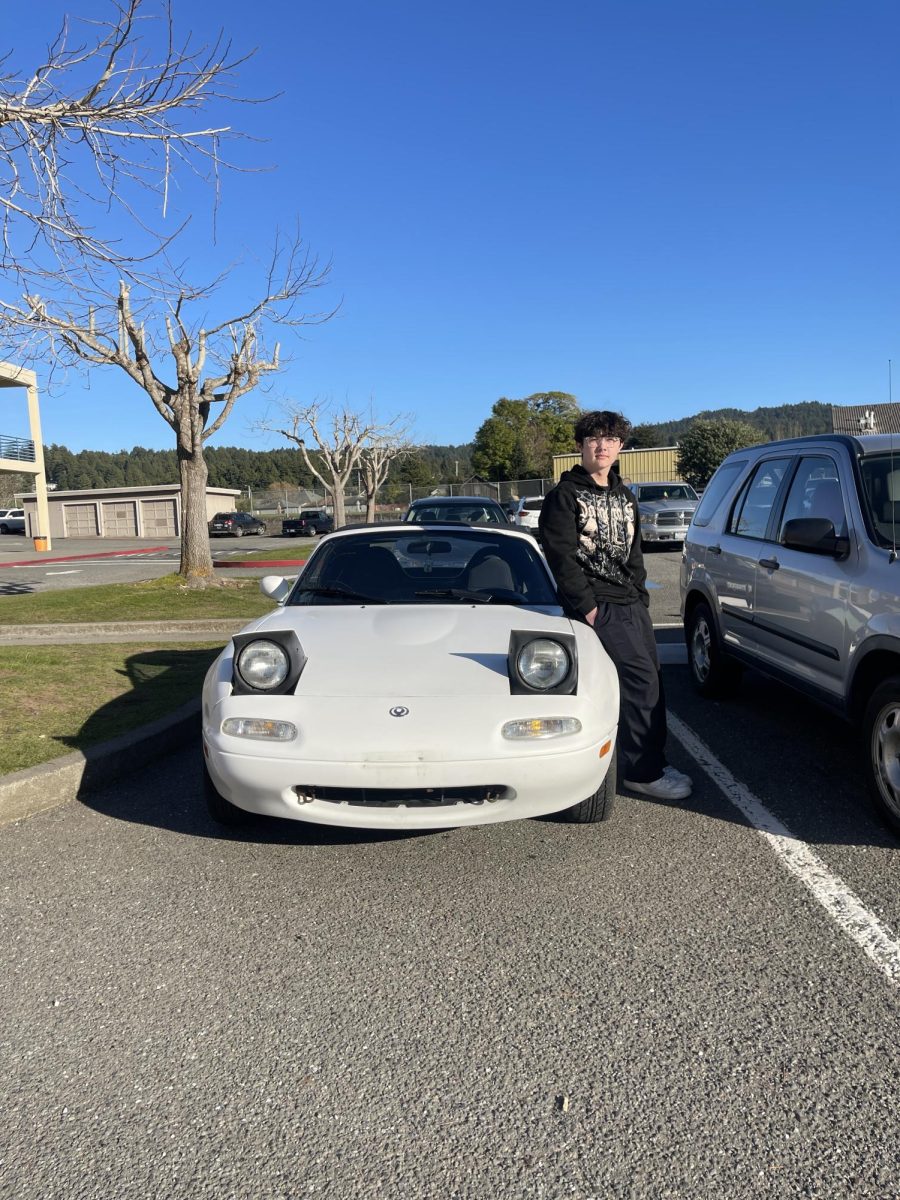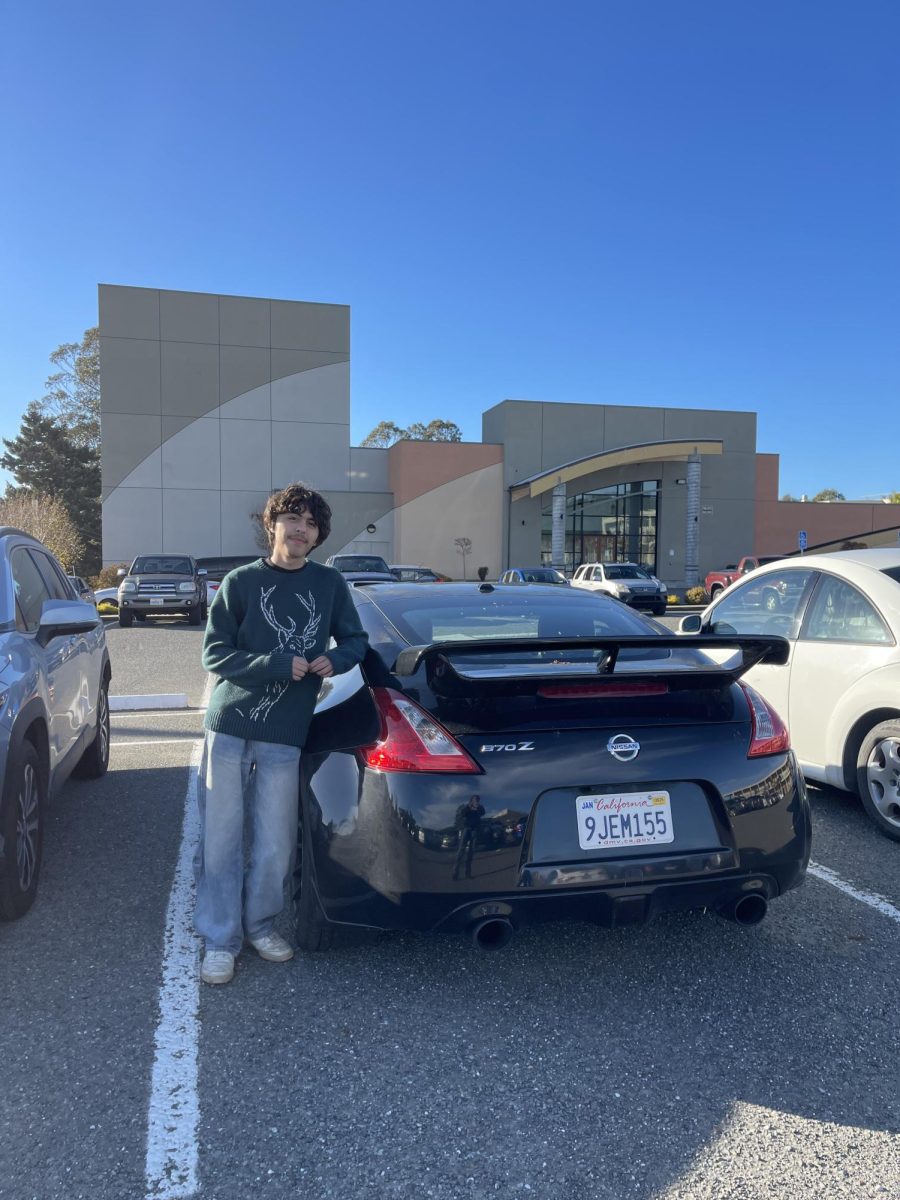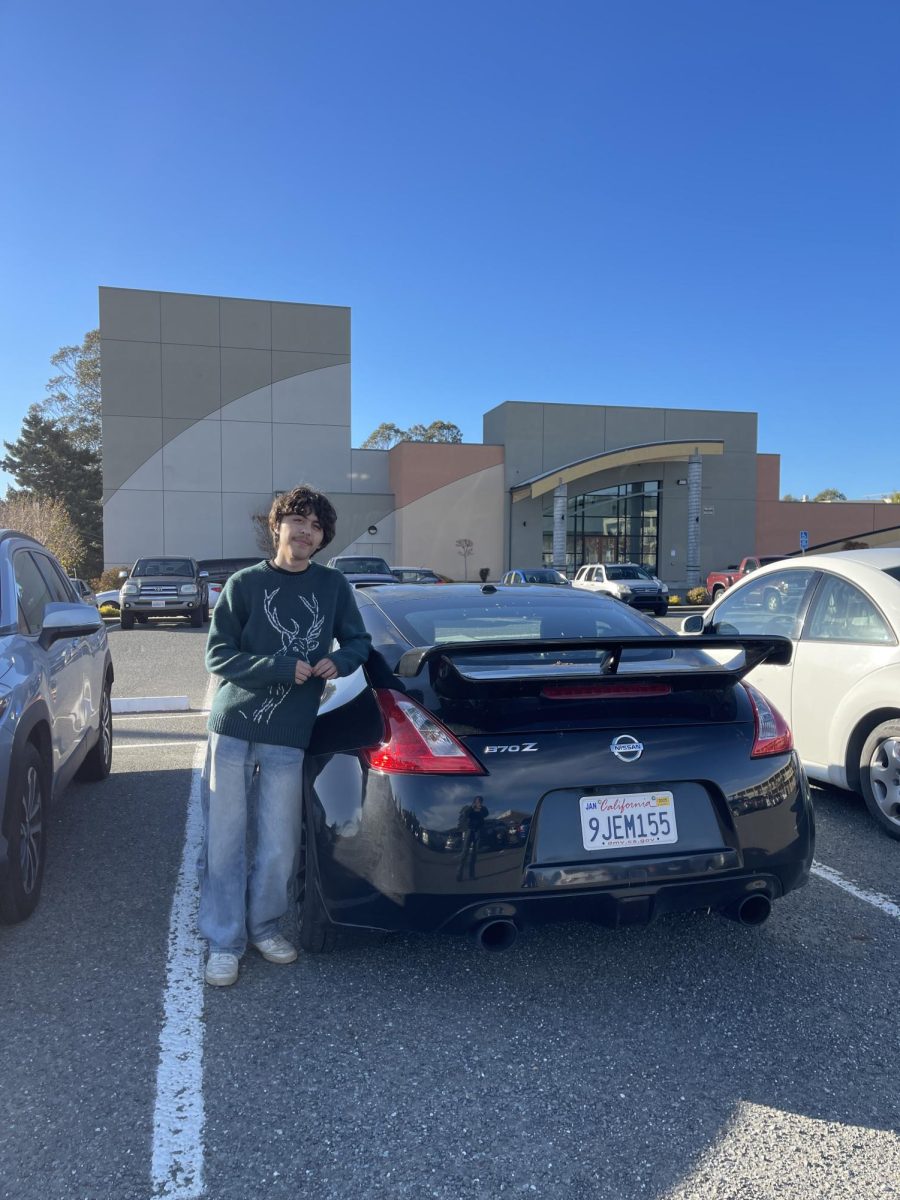It becomes a routine. Getting home, turning on the TV, lifting the laptop screen, or unlocking your phone to scroll. A feeling of despair begins to surge as you check this negative news daily. You are not inspired. You are sinking.
Civic engagement is crucial in maintaining a strong democracy. With anti-intellectualism on the rise, citizens are becoming increasingly misinformed or uninformed about relevant events. A recent Stanford History Education Group study showed that 90% of high school students could not differentiate real news from fake in 4/6 examples. However, obsessively checking the news may be alternatively damaging. Over-informed citizens risk becoming desensitized and unmotivated to take action against issues brought forth by news outlets, harming their mental health in the process.
“Nobody wants to turn on the news and look at who’s doing good,” senior Rory Bickmore said. “People like conflict, unfortunately.”
The purpose of the news is to inform. However, networks need to gain profit. The primary intention of most news headlines is to increase engagement, not optimism.
“Human beings are designed to pick up threats. It’s part of our biological makeup…and the media knows that,” Jennifer Rosebrook, history and psychology teacher said. “When there’s a perceived threat, we focus on that type of news.”
Individuals can become endlessly connected with current events due to easy access to the media through the invention of the smartphone and social media. According to a survey conducted by Pew Research Center in 2022, 71% of American adults under 30 and 60% of Americans 50 and older cite social media as making people more informed about current events.
“In 1800, you might pick up a newspaper once a week,” Rosebrook said. “In the early 1900s, you might pick up a newspaper once a day. By the time you get to 1950, you’re picking up a newspaper and [watching] the television. Now we have constant media.”
Constantly being burdened with negative information is harmful. According to Johns Hopkins University & Medicine, symptoms of depression and anxiety may become present after solely 14 minutes of negative news consumption.
“If you’re constantly just seeing this negative news, then you’re kinda stuck in that loop,” freshman Molly Langdon said. “You get so many different perspectives that say, ‘you can’t do anything.’”
The harmful impacts of overconsuming negative news may manifest physically and psychologically. Physical symptoms may include sleep disturbances, clenching of teeth, increased pulse rate, and tightening of the body as one checks the news. Psychological symptoms may include intrusive thoughts regarding the news, depression, anxiety, or obsessing over events.
“Sometimes we don’t pay enough attention to our body and what it’s telling us,” Rosebrook said. “If you’re up at night constantly obsessing about things that you saw in the media or worrying, that’s your body’s sign that it’s having a stressful time trying to mitigate what it’s seeing.”
The overwhelming nature of negative news has led many to become emotionally detached. The brain fixes problems by design. The shutting down of emotions is the brain’s attempt to protect itself when it is unable to solve the uncertainty negative news poses.
“[The news] almost feels like a disconnect from real life sometimes, which is good for my mental health but it’s false,” junior Lincoln Neuman said. “These things are happening… but when I’m looking at the news for some reason, it feels like a different world.”
It’s difficult to decide when one needs a break from the news. Society’s fear of being uninformed is prevalent. Anxiety plagues minds, leaving constituents wondering, “What could happen when they step away?” The motive of missing critical events keeps individuals connected at the expense of their well-being.
“I know people that very much like to be active in their communities, but also they’ll be the first person to tell you, ‘make sure you’re taking care of yourself,’” Bickmore said. “You’re not going to miss the news if you don’t turn it on for a couple of days. You can catch up. Not becoming addicted to the chaos is the best way to take care of yourself.”
Americans should not completely disengage from the news. Informed individuals are crucial components in the process of checking leaders’ power. Communities must be notified to take action, and it is the responsibility of news outlets to inform.
“One of the ways that democracy works is that people have a general understanding of what’s going on and participate,” Rosebrook said. “If you don’t know what’s going on, then your participation will not be as effective. Ultimately, I think we need to be careful of how much, and what, and at what age.”
When returning to the news, one must reflect on their intentions. The perspective that the news is simply content to consume will rapidly deteriorate one’s well-being. Instead, consider the news as a tool to inspire action to avoid the tragedies displayed in the headlines.
Developing a balance between media consumption and mental health is crucial. Putting the phone away and limiting one’s exposure to the media is exceptionally effective in benefiting an individual’s well-being. By creating time limits and boundaries with social media or other facets of media, one can give oneself a break to process information.
Replacing excessive media consumption with healthy habits, such as exercising or spending time outside, reduces anxiety, and depression, and improves sleep habits. One study showed that supplementing 30 minutes on social media with physical activity increases one’s satisfaction and happiness with life and reduces symptoms of depression.
Consumption of the news isn’t just defined by the act of watching or reading the news. Being an informed citizen can include asking a friend what’s been happening in the news, or whatever one needs to understand current events while maintaining their well-being.
“Just making sure that you can show up for yourself is most important, so then you can show up for your cause,” Bickmore said. “If you aren’t in a space where you’re taking care of yourself, you’re not gonna be able to spread your message and give the fullest of yourself to that cause.”






